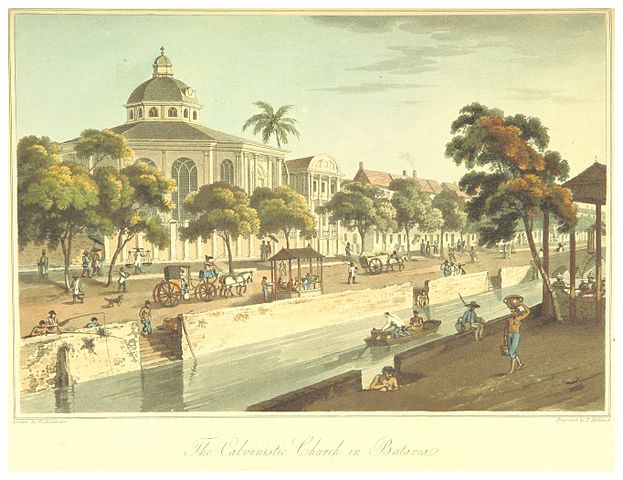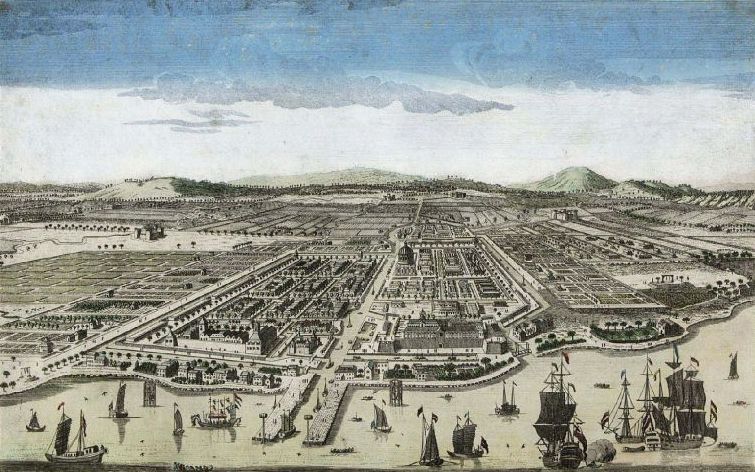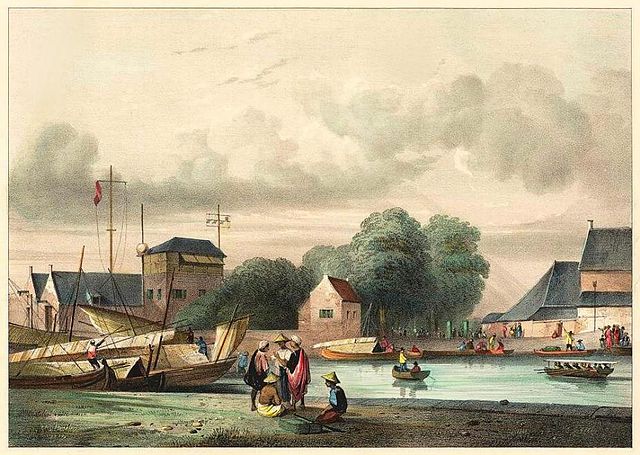From March 15 to 22, the ASEAN Literary Festival will be held in Jakarta, Indonesia.
Under the thematic heading of “Question of Conscience,” the ASEAN Literary Festival will be based at the Taman Ismail Marzuki in downtown Jakarta. The Pusat Kesenian Jakarta Taman Ismail Marzuki, commonly known as Taman Ismail Marzuki (TIM) is a cultural center housing the Jakarta Art Institute and Jakarta Planetarium as well as several theaters, galleries, a cinema, and other features. The cultural center was named in honor of the well-known Indonesian composer Ismail Marzuki.
This year’s festival will also include workshops and public discussions at the University of Indonesia and Jakarta’s Syarif Hidayatullah State Islamic University. Authors from over 20 countries will attend, including some outside the ASEAN, such as China, the United States, and India. As a real opportunity for cultural exchange about ASEAN member nations, the festival should be an informative and exciting occasion for getting to know more about other nations through literature. The festival is organized by the Muara Foundation, a Jakarta-based nonprofit formed in 2010 to focus on developing education and cultural literacy. In the Indonesian language, the word muara means estuary (ปากน้ำ), or a body of water formed where freshwater from rivers and streams flows into the ocean, mixing with seawater. Estuaries and the lands surrounding them are places of transition from land to sea, and from freshwater to saltwater. The Muara Foundation website explains that it hopes to “present characters who understand and appreciate the values of humanity and life.” At the festival, poetry readings in parks, movie screenings, workshops on creative writing and essay writing, meeting publishers, and discussions on the role of literary translation and related subjects will be featured.
The festival’s opening night is dedicated to Sitor Situmorang (1923-2014), a noted Indonesian poet who died last December. Sitor Situmorang was born in Harian Boho, North Tapanuli, North Sumatra. Harian Boho is a Batak village on the island of Samosir on Lake Toba, in the Indonesian province of North Sumatra. It is a small place with a few houses and shops that sell toddy (palm wine), coffee, noodles, and other snacks. Batak is a term used for a number of ethnic groups mainly found in North Sumatra, including the Alas, Kluet, Singkil, Karo, Pakpak, Simalungun, Toba, Angkola, and Mandailing. Sitor died at age 91 at his home in the Netherlands. The Indonesian historian and writer J. J. Rizal told the local ANTARA News agency about his friend Sitor:
He did not experience halfheartedness.
Rizal likened Sitor, about whose poems he wrote several books of analyses, to the noted Indonesian prose author Pramoedya Ananta Toer (1925–2006). Another author, Martin Aleida, told The Jakarta Post that Sitor was
faithful and sincere in defending his country and nation.
In 2008 Sitor visited Paris to attend a museum exhibition about Batak culture. He found what was on display to be only “fragments” compared to his own rich memories of his native land:
I can reconstruct so many things in my remembrance, but what can bring back the essence of my life spent there and childhood? The smells, the conversations, the laughter and the sorrows — perhaps that is why I began to write poetry. Photos and artifacts are but the beautiful, tangible, material proof of something which has fast disappeared; in fact into many museums, collections and memories. How can people hope to re-construct the past glory and chagrins of the Batak people? And I am not criticizing this show at all, but it is a question of different perspectives!

Although in the past 40 years, the Indonesian government has made efforts to halt the export of such cultural treasures, before then many precious artworks and other items were sold overseas, lost to Indonesia forever.
With this kind of sense of how easily culture can be lost, damaged, or destroyed through profiteering, greed, inattention or negligence, the ASEAN Literary Festival will present Sitor’s poetry in readings, musical performance and dance interpretations. On opening light lecturer will be Ma Thida, a Burmese writer, surgeon, and human rights activist who publishes under the name Suragamika, or courageous traveler. The TU Libraries own a copy of her book The Roadmap, published in Chiang Mai by Silkworm Books. Thida has worked as a newspaper and magazine editor as well as a surgeon at Muslim Free Hospital, which provides free services to poor people. A supporter of Aung San Suu Kyi, Thida was sentenced to 20 years’ imprisonment in 1993 for her activism. She served almost six years in a harsh jail where she became ill with tuberculosis, but had no adequate health care. She credits Vipassana meditation with her survival, saying that without Vipassana, she would not have overcome the hardships she faced in prison. Vipassana is a Pali word referring to the Buddhist tradition of insight into the true nature of reality in terms of impermanence, suffering or unsatisfactoriness, and the realisation of non-self. Mindfulness of breathing, thoughts, feelings, and actions are used to gain insight into the true nature of reality. The Vipassana movement is related to other schools of modern Theravada Buddhism, including the Thai Forest Tradition, where monks live in forests in the Isan region and highly accomplished meditators. Thida told The Hindu newspaper in 2010:
I started reading Buddhist teachings at the age of 13, so my first exposure to reading was through religious books. I went to a meditation retreat when I was 16 or 17 but it was without a calling from the heart. As a Buddhist I had to do it. But when I had to serve a term for 20 years, I thought ‘Why not take advantage of being in prison to change my life and get out of the cycle to find total liberation… not physical freedom but total freedom. So I meditated for 20 hours. When I was younger, I used to be aggressive, angry, arrogant. After Vipassana, I changed.
Finally, in 1999, Thida was released due to her health problems and international public protests. In a later memoir, as she informed The Myanmar Times in 2012, there were
many infringements of the prisoners’ human rights
in terms of health treatment during her incarceration.

(all images courtesy of Wikimedia Commons)

